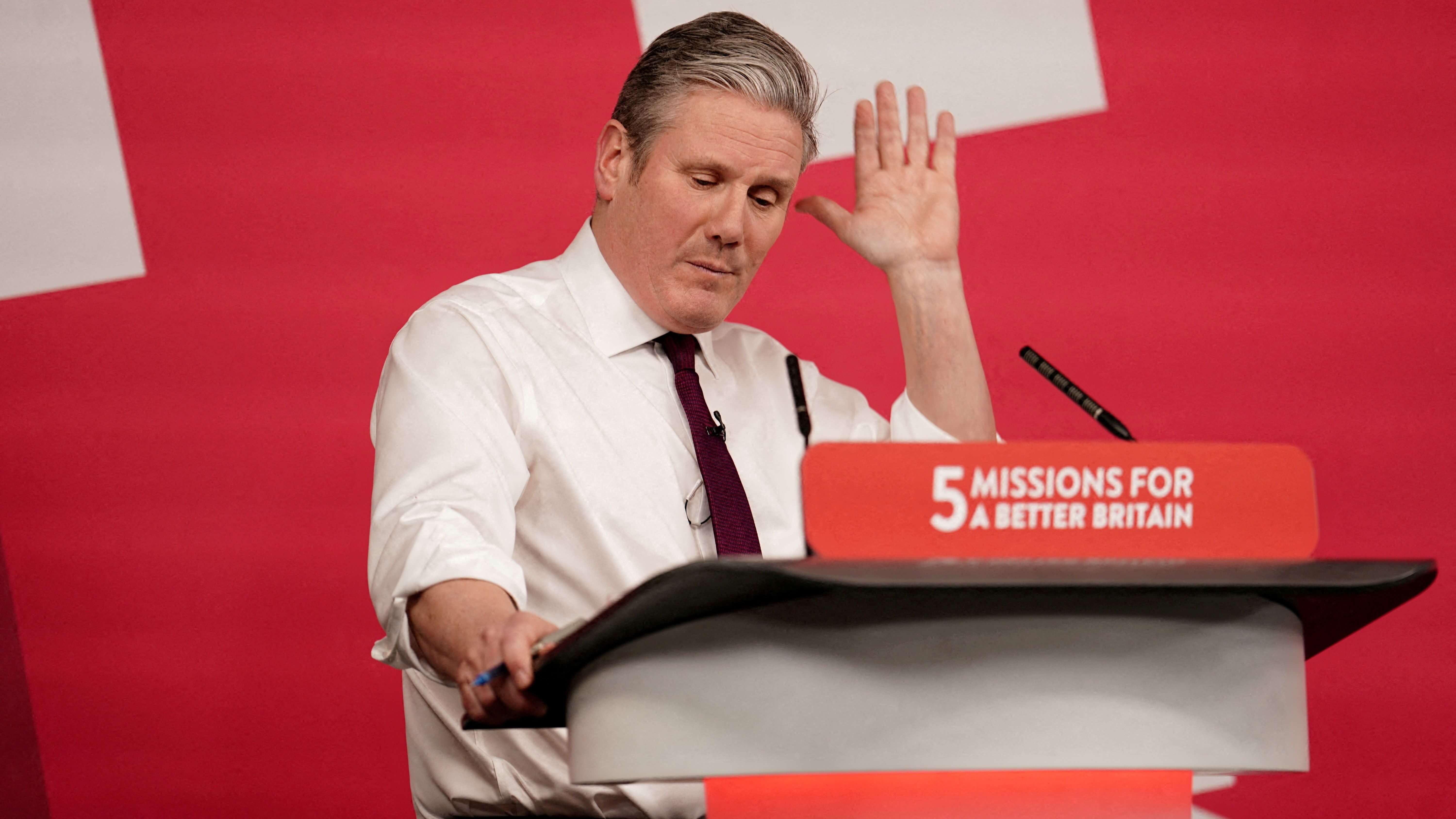Politicians Should Pay Tax On Gifts, Accountants Warn
Everyone from company directors to YouTube influencers must pay tax on gifts.

Tax laws surrounding gifts should be standardised and applied uniformly to all industries and individuals, including politicians, according to advice from a leading business advisory firm, Blick Rothenberg. The firm suggests that HMRC (Her Majesty’s Revenue and Customs) must consider updating its rules to ensure fair and consistent application of tax regulations.
Robert Salter, Director at Blick Rothenberg, highlighted concerns over how gifts are treated for tax purposes, particularly when it comes to senior politicians and their spouses. He pointed out that political figures, irrespective of their party affiliation, have been able to receive significant gifts from donors without facing tax liabilities.
Salter noted that some of these gifts, which are often provided to support politicians in their roles or to promote particular brands, could be considered as job-related and thus subject to taxation. "For example, gifts given to support someone in their capacity as Deputy Leader of the Labour Party or other gifts designed to promote a specific brand should arguably be assessed for tax," Salter said.
HMRC has taken a different approach with social media influencers and media personalities, where similar gifts are often taxed, including National Insurance Contributions in some cases. Yet, gifts to politicians have historically been untaxed. Salter argues that while the law is complex and there is no illegal activity, HMRC should consider treating all gifts in the same way to create a simpler and more transparent tax regime.
Salter also emphasized the need for clarity in tax rules regarding gifts. "The current rules are complicated and factor-specific, requiring case-by-case analysis, whether for politicians or social media influencers. It's crucial that HMRC develops consistent and straightforward regulations that apply to all," he said.
While genuine gifts from family and friends remain tax-free, regardless of their value, Salter urged that the tax authority should focus on gifts that are related to one's profession or public role, like those received by politicians. He recommended a "de minimis" threshold, which would ensure that small, everyday gifts do not trigger tax liabilities. "A sensible threshold—say for gifts over £1,000 annually—should be introduced to avoid individuals being drawn into self-assessment for minor items," he suggested.
As the debate around tax fairness continues, this call for standardisation is likely to gain attention, especially in the lead-up to political events and decisions that shape public finances.
Thanks for signing up to Minutehack alerts.
Brilliant editorials heading your way soon.
Okay, Thanks!


